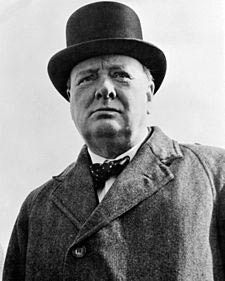The economy of Africa consists of the trade, industry, agriculture, and human resources of the continent. As of 2012, approximately 1.07 billion people[2] were living in 54 different countries in Africa. Africa is a resource-rich continent.[3][4]Recent growth has been due to growth in sales in commodities, services, and manufacturing.[5] Sub-Saharan Africa, in particular, is expected to reach a GDP of $29 trillion by 2050.[6]
In March 2013, Africa was identified as the world's poorest inhabited continent; however, the World Bank expects that most African countries will reach "middle income" status (defined as at least US$1,000 per person a year) by 2025 if current growth rates continue.[7] In 2013, Africa was the world’s fastest-growing continent at 5.6% a year, and GDP is expected to rise by an average of over 6% a year between 2013 and 2023.[3][8] Growth has been present throughout the continent, with over one-third of Sub-Saharan African countries posting 6% or higher growth rates, and another 40% growing between 4% to 6% per year.[3] Several international business observers have also named Africa as the future economic growth engine of the world.[9]
A large literature in economics and political science has developed to explain this “resource curse,” and civil-society groups (such as Revenue Watch and the Extractive Industries Transparency Initiative) have been established to try to counter it. Three of the curse’s economic ingredients are well known:
 Muhammad was born in 570 CE in the Arabian city of Mecca. Orphaned from an early age, he was brought up by his uncle Abu Talib. In his early life, he worked as a merchant and shepherd. Muhammad had spiritual inclinations and would spend time going to caves around Mount Hira to spend time in silence, prayer and retreat.
Muhammad was born in 570 CE in the Arabian city of Mecca. Orphaned from an early age, he was brought up by his uncle Abu Talib. In his early life, he worked as a merchant and shepherd. Muhammad had spiritual inclinations and would spend time going to caves around Mount Hira to spend time in silence, prayer and retreat.




 Sir Winston Churchill (30 November 1874 – 24 January 1965) was a British politician and author, best known as Prime Minister of the United Kingdom during the Second World War.
Sir Winston Churchill (30 November 1874 – 24 January 1965) was a British politician and author, best known as Prime Minister of the United Kingdom during the Second World War.